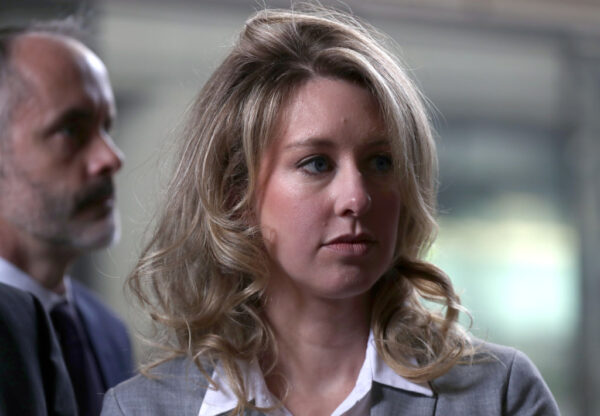
Theranos founder and former CEO Elizabeth Holmes
Elizabeth Holmes, the founder and former CEO of defunct blood-testing company Theranos who will be tried in March on fraud charges, appears to be attempting to claim a mental health defect as part of her defense.
A partially redacted, 11-page document filed in a San Jose, California, federal court Tuesday granted federal prosecutors’ motion to have Holmes undergo evaluation by a psychologist and a psychiatrist they had hired, in response to Holmes’ own request to undergo an evaluation by a psychologist she had chosen, and to have the two sessions recorded on video, despite her objection.
The

A Deep-dive Into Specialty Pharma
A specialty drug is a class of prescription medications used to treat complex, chronic or rare medical conditions. Although this classification was originally intended to define the treatment of rare, also termed “orphan” diseases, affecting fewer than 200,000 people in the US, more recently, specialty drugs have emerged as the cornerstone of treatment for chronic and complex diseases such as cancer, autoimmune conditions, diabetes, hepatitis C, and HIV/AIDS.
An attorney for Holmes did not respond to a request for comment.
Holmes, together with former boyfriend and Theranos COO Ramesh “Sunny” Balwani, were indicted in 2018 on federal wire fraud charges in connection with Theranos. Once a media and venture capital darling that achieved a $9 billion valuation for supposedly inventing a way to conduct blood testing using only a few drops of blood, Theranos was exposed as a fraud in a series of articles in 2015 by Wall Street Journal investigative reporter John Carreyrou.
The trial, taking place in the U.S. District Court for the Northern District of California and presided over by federal Judge Edward Davila, was originally set to begin this summer, but was delayed until March due to Covid-19. Holmes and Balwani will be tried separately.
Federal prosecutors had requested that in addition to Mechanic’s examination of Holmes, she be examined over two days by two of its own experts, Daniel Martell – a psychologist for the forensic litigation consulting firm Park Dietz & Associates – and University of California San Francisco psychiatrist Dr. Renee Binder. Holmes objected to having to undergo examination by two experts with apparently similar qualifications, but Davila overruled the objection, stating that Martell and Binder would work as a team, “Much as a physician might order bloodwork as part of a medical work-up.”
Photo: Justin Sullivan, Getty Images












